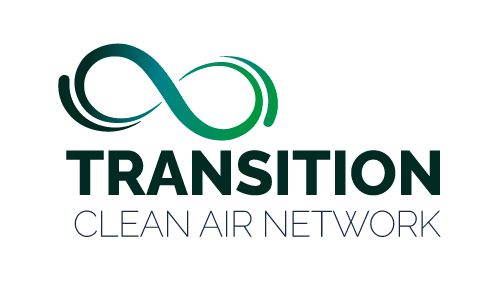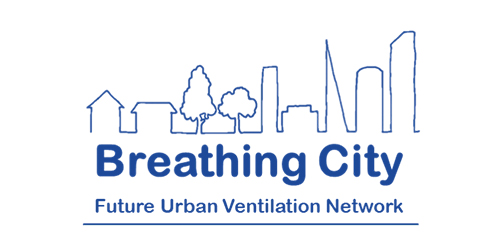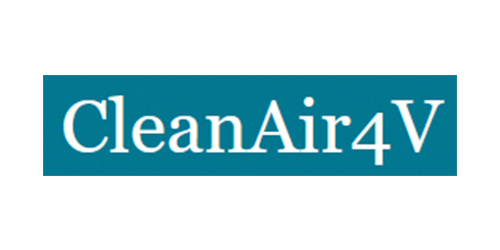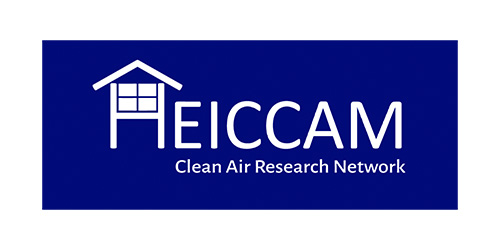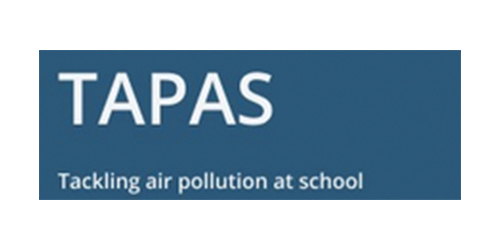Further Clean Air Networks
The TRANSITION Clean Air Network is one of six UK networks supported by the UK Research & Innovation Strategic Priorities Fund (SPF) Clean Air Programme, although it is the only one of these to focus on air quality and health impacts of transport.
Please follow the links below for further information on the other five networks, addressing air quality matters in relation to: biological particulate matter; indoor and outdoor air flows; vulnerable groups; climate change mitigation; and air pollution in schools.
Taking a transdisciplinary approach to understand the complexity and connectivity among people, biological particulate matter (BioPM) exposure and health impacts across the indoor/outdoor continuum to inform interventions development, prioritisation and assessment of environmental and health interventions.
Identifying, developing, and evaluating robust solutions that reduce the impact of indoor air pollution on two vulnerable groups: children, and those with pre-existing conditions such as COPD. A multidisciplinary approach is taken focusing technological and behavioural intervention.
HEICCAM is an innovation research network integrating interdisciplinary researchers and stakeholders to develop indoor and outdoor air quality solutions as we transition to a low carbon future. The network will build evidence on the consequences for exposure to air pollution of actions aimed at tackling climate change and poor air quality, with particular focus on the home environment.
TAPAS (Tackling Air Pollution at School) is a multidisciplinary network designed to bring stakeholders together from across society to develop the research base to design and operate healthy schools now and in the future. Our aim is to build collaboration and discussion via our events programme, our working groups, our research fund, and by engaging directly with children, schools and parents.
